Uniswap is an Ethereum-based decentralised exchange (DEX), where people can trade between with ERC-20 tokens entirely on-chain using smart contracts. It eliminates order books and is an interesting feature compared to centralised exchanges (DEXs).
The main innovations from the Uniswap protocol are the development of a user-friendly platform on which traders can easily swap tokens. While at the same time, enabling anyone who becomes a provider of liquidity and passively earns transaction fees.
Although only more than 2 years of development, Uniswap has had a certain success. It is a bootstrap for projects further promoted, has strong development potential and at the same time faces many new challenges. In this report, we will analyse in-depth the economic aspect and understand how it works.
What is Uniswap and How Does It Work?
Uniswap is an Automated Market Maker (AMM). It allows users to swap any ERC20 token, using the liquidity pool instead of the order book.
Uniswap is a 100% decentralised and permissionless protocol, operating on the following formula: x * y = k (called “constant product”).
Objectives of Uniswap
Objective 1 : Become a best AMM
Objective 2: Reducing risks associated with price movement in trading (i.e. impermanent loss)
$UNI token is a governance token in Uniswap. It allows holders to govern the system while enjoying protocol fees shares from fees accrued. There is a total supply of 1B $UNI in the market.
Uniswap In DeFi
Currently, Uniswap accounts for more than 60% of the market share in trading volume, and not a single Dex has surpassed. Although in recent times, TVL of Sushiswap (Fork of Uniswap) has surpassed Uniswap. It shows that Sushiswap might have higher yields than Uniswap, but when it comes to trader's preference, they prefer Uniswap.
Since the time of writing the report, the number of users across the DEX market has reached 1.7 million. In which, Uniswap contributes more than half of the users, equivalent to more than 1.17m users, equivalent to 69%. This was 56% in early Dec 2020.
TLDR:
Uniswap allows traders to swap tokens easily and earn passive income by participating as liquidity providers. The user interface is easy to use, and making trades is only a few clicks away.
Uniswap is using “constant product” to swap any pair ERC-20 token, but it has a disadvantage such as a slippage when the market fluctuates strongly and a lack of liquidity on one-side occurs. Besides, Uniswap has some risks such as front running, token risk, smart contract risk and impermanent loss.
$UNI token is used for 2 main purposes: governance and reward for providing liquidity. In particular, providing liquidity is very limited, and only pools approved by the community through governance can receive $UNI tokens. At the time of writing the report, providing liquidity programs have ended.
Uniswap may not completely replace traditional exchange or DEX due to its unsuitability for performing large volume trades. In the V3 update, some issues are solved by the core team, in which choosing the range price to provide liquidity can be considered as a big improvement. Besides, the L2 solution is also provided by Uniswap to reduce expensive costs on the Ethereum mainchain.
It seems the enhancements are not designed to increase incentives for UNI except for governance as in previous versions. Do you think this is an omission of Uniswap?
[link] [comments]

You can get bonuses upto $100 FREE BONUS when you:
💰 Install these recommended apps:
💲 SocialGood - 100% Crypto Back on Everyday Shopping
💲 xPortal - The DeFi For The Next Billion
💲 CryptoTab Browser - Lightweight, fast, and ready to mine!
💰 Register on these recommended exchanges:
🟡 Binance🟡 Bitfinex🟡 Bitmart🟡 Bittrex🟡 Bitget
🟡 CoinEx🟡 Crypto.com🟡 Gate.io🟡 Huobi🟡 Kucoin.
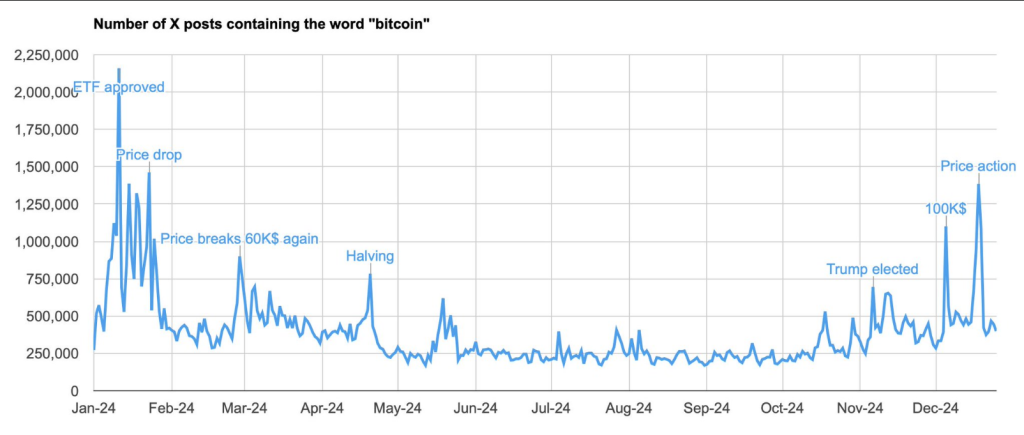

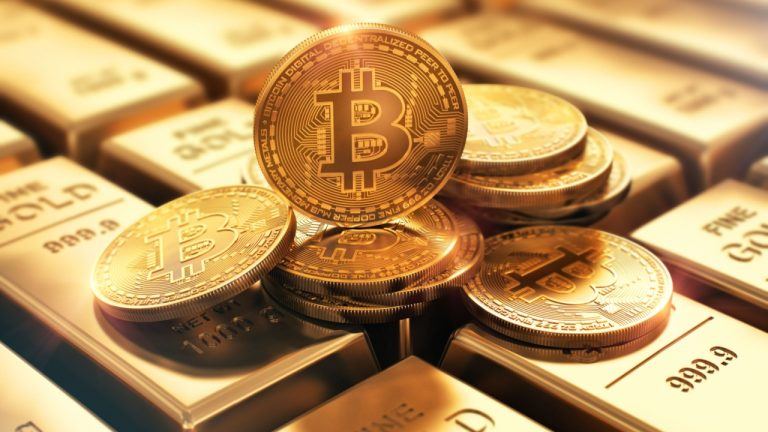
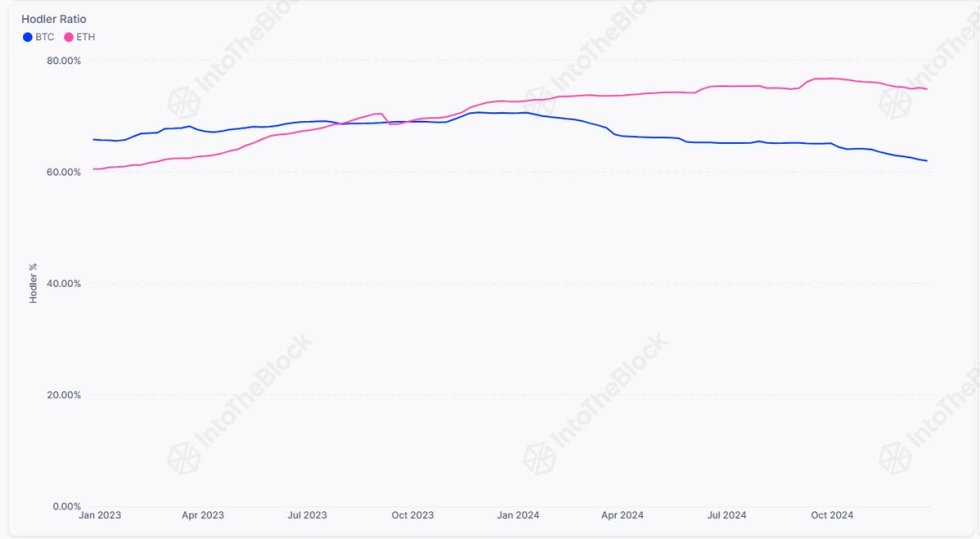






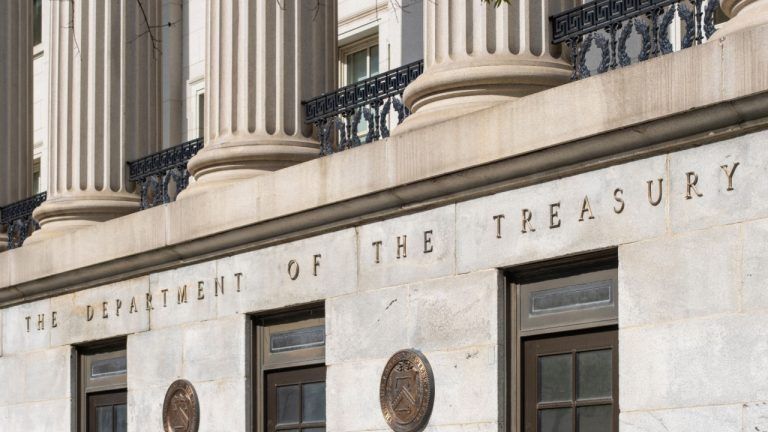


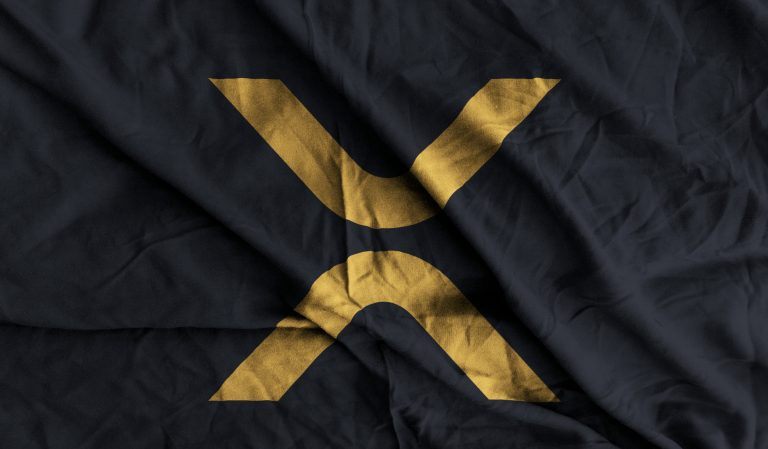
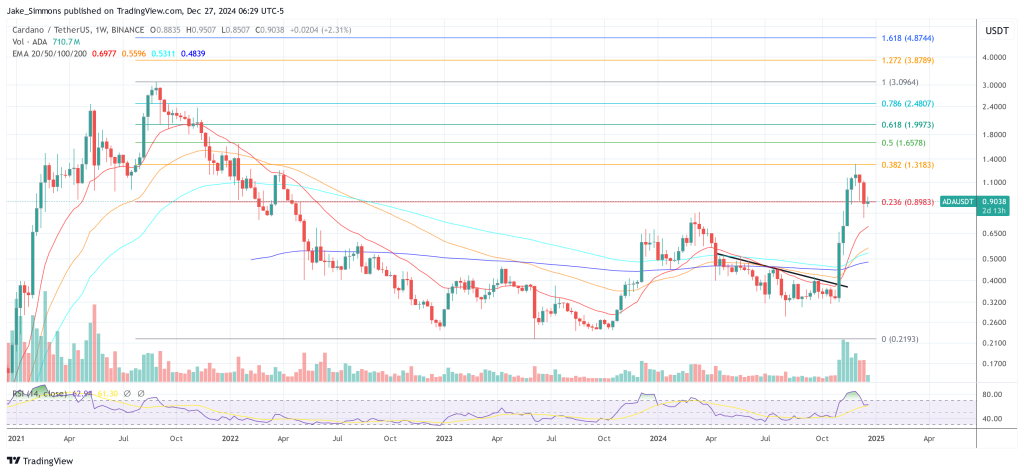


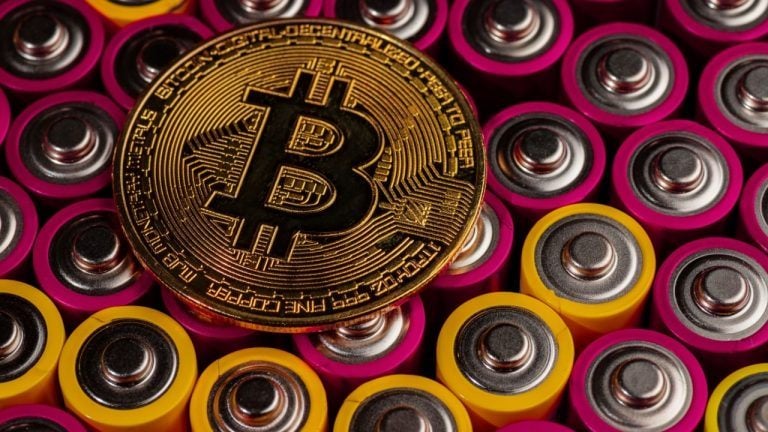


Comments